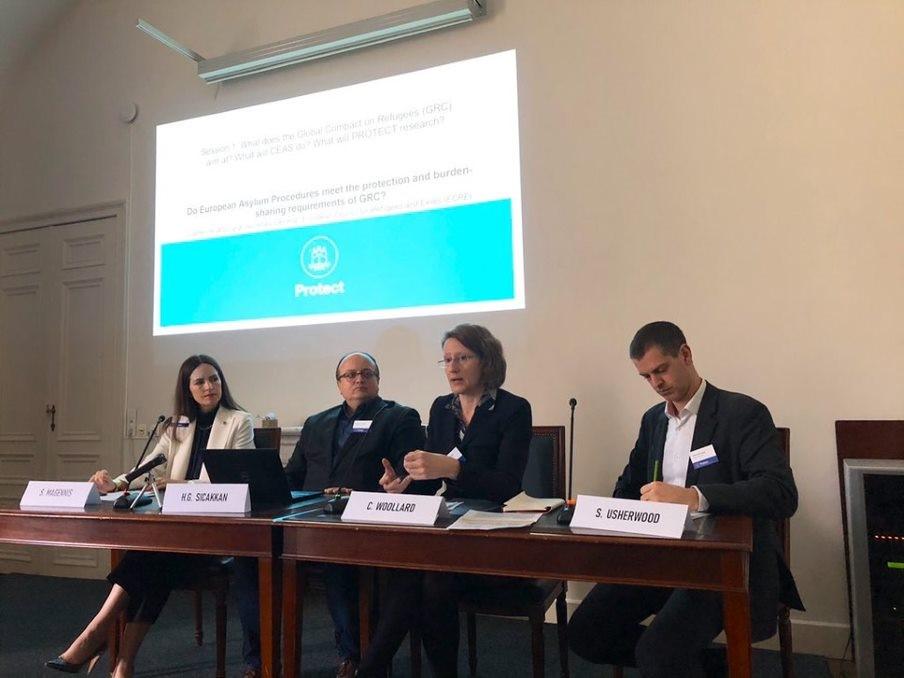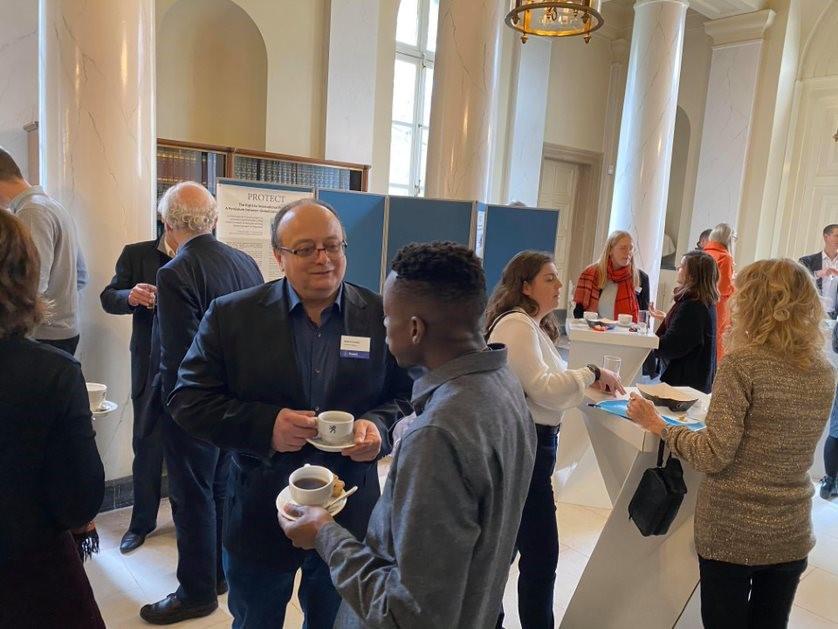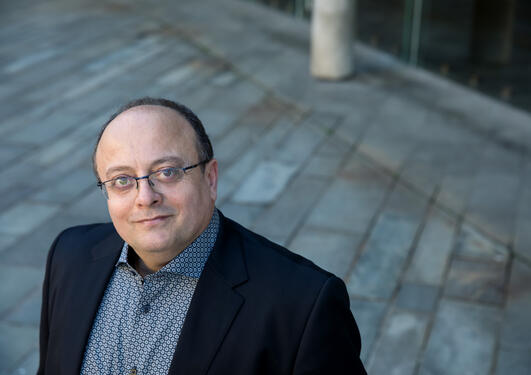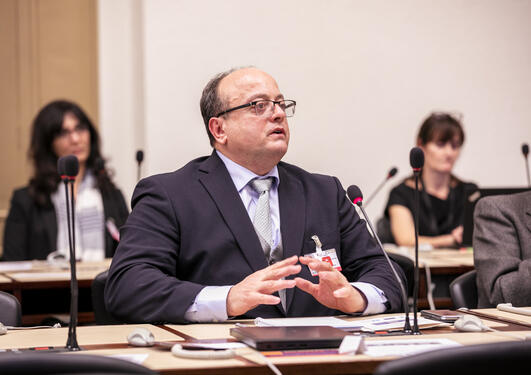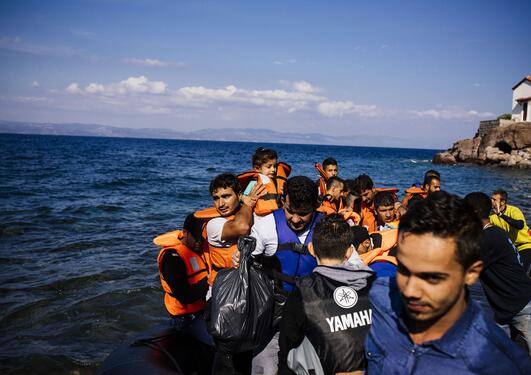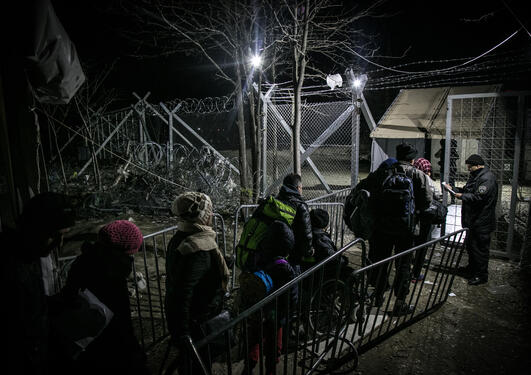A vital moment to study international refugee protection
UiB professor Hakan G. Sicakkan’s newly launched project Protect will study refugees’ rights to international protection. A vital moment for projects like Protect, UN Refugee Agency says.

Main content
Early March, the UiB led research project Protect The Right to International Protection was launched in Brussels.
The project leader, Professor Hakan G. Sicakkan, explains that the initiation of Protect was motivated by concerns about the future of the right to international protection of refugees:
"Protect's title expresses that we do believe that the right to international protection is under threat and must be protected, as we are currently experiencing a turbulent political climate surrounding asylum and refugee issues", Sicakkan says.
More cooperation and dialogue on refugee matters
The project will study how UN's Global Compacts on Refugees and Migration affect refugees’ right to international protection.
"These compacts promote global cooperation and dialogue on refugee and migration issues and might contribute to positive changes in how international organizations, states, and non-state organizations practice protection of refugees, asylum seekers and displaced groups”, Sicakkan explains.
Protect is financed by EU’s research and innovation programme, Horizon 2020, with almost EUR 3.3 million and consists of 11 partner universities from nine different countries that all will contribute to the project with different expertise and research approaches.
Critical look at international protection frameworks
The project was officially launched at its kick-off conference in Brussels earlier this month. Among key speakers present were representatives from The UN Refugee Agency (UNHCR) and European Council on Refugees and Exiles (ECRE).
Sophie Magennis, Head of Policy and Legal Affairs, UNHCR Regional Office in Brussels emphasised the fitting timing of launching a project concerned with refugee protection:
"During the recent days and weeks, we have seen a number of political reactions to the developments at EU's external border. These developments are quite challenging to the international refugee protection framework and the international agreements on refugee protection", Magennis says, referring to the current political debates stirred by the recent influx of refugees from Syria to Europe through Turkey and Greece.
"It is a vital time for projects like Protect to take a critical look at the Global Compact on Refugees and identify what is needed in order for the compact to be successful", Magennis concludes.
The need for evidence-based asylum policy
Both Magennis from UNHCR and Catherine Woollard, the Secretary General of ECRE, stress the importance of leaning on researchers' expertise in their advocacy:
"As a civil society organisation, it is crucial to have access to solid research. We hope to use the research that Protect provides in our advocacy for a functioning asylum system in Europe", Woollard says.
Sophie Magennis also urges decision makers to increasingly consult migration and refugee-oriented research communities when implementing migration and refugee policies:
"Too often we see policy in the domain of asylum and refugees made without impact analyses, evidence-based or empirical research supporting the policies put in place", says Magennis.
"One of the issues continuously raised after the handling of the refugee crisis in 2015 and 2016 was the lack of evidence-based measures", Magennis continues.
Contributing to improving refugees’ lives
Project leader Sicakkan hopes that important actors in the asylum and migration field such as UNHCR and ECRE will benefit from Protect’s research:
“We are hoping to contribute to the well-being of our co-humans, and to be able to create knowledge that can be used by the UNHCR, states, and other stakeholders like ECRE, in order to make the lives of the refugees better in the future”.
Even prior to the launching of Protect, UNHCR consulted Professor Sicakkan on migration and refugee matters:
In December 2019, Sicakkan was invited by the United Nations High Commissioner for Refugees to participate in the Global Refugee Forum in Geneva, where he made two pledges to the UN community on behalf of the University of Bergen and the Protect consortium.
